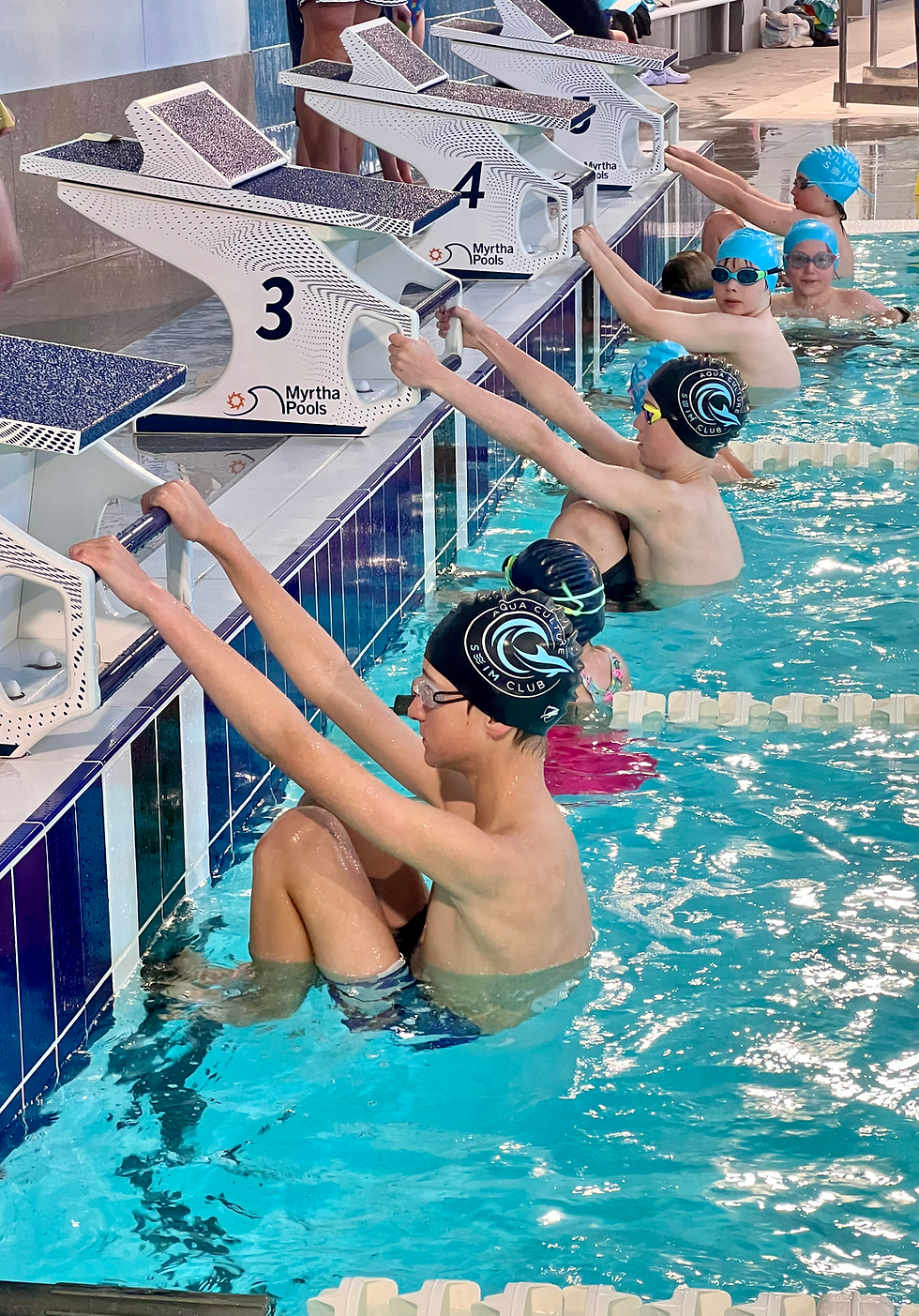The Importance of Learning to Swim for Children on the Northern Beaches
- Aqua Culture Swim
- Nov 23, 2024
- 2 min read
Learning to swim is a vital life skill for children, offering numerous benefits that extend beyond safety. On the Northern Beaches, where swimming is an integral part of the culture, especially during the summer months, equipping children with swimming skills is crucial. Drowning remains a significant risk, and teaching children to swim can dramatically reduce these incidents.

Drowning Statistics in Australia
According to the latest statistics from Royal Life Saving Australia’s National Drowning Report 2023:
Total drownings: In 2022, there were 291 drowning deaths in Australia.
Children under 5: This age group accounted for 23% of all drowning deaths, making them particularly vulnerable.
Aquatic environments: Over half of all drownings occurred in home swimming pools (45%), highlighting the importance of swimming skills in familiar environments.
Incidents involving supervision: Many drownings occurred when the child was left unattended, emphasizing the need for constant supervision and swim education.
These statistics show the urgency of promoting swimming lessons among children, especially on the Northern Beaches where access to water activities is prevalent.

When should my child start formal lessons?
At Aqua Culture Swim we recommend starting formal lessons at 6 months of age in our Tiny Tot level with the parent/carer in the water. There are many benefits to staring lessons at this age, including:
Quality Time Together: Swimming lessons provide dedicated time for parents and children to be together, away from distractions, fostering connection.
Shared Experiences: Engaging in activities like swimming creates shared memories that strengthen the emotional bond between parents and children.
Encouragement and Support: Parents can actively encourage their children during lessons, helping to build confidence and a sense of security in the child.
Learning Together: Participating in swimming lessons allows parents to learn new skills alongside their children, enhancing teamwork and collaboration.
Communication: Swimming provides opportunities for parents and children to communicate in a relaxed environment, promoting open dialogue.
Trust Building: As parents help their children navigate the water, it builds trust and reliance, essential components of a strong parent-child relationship.



